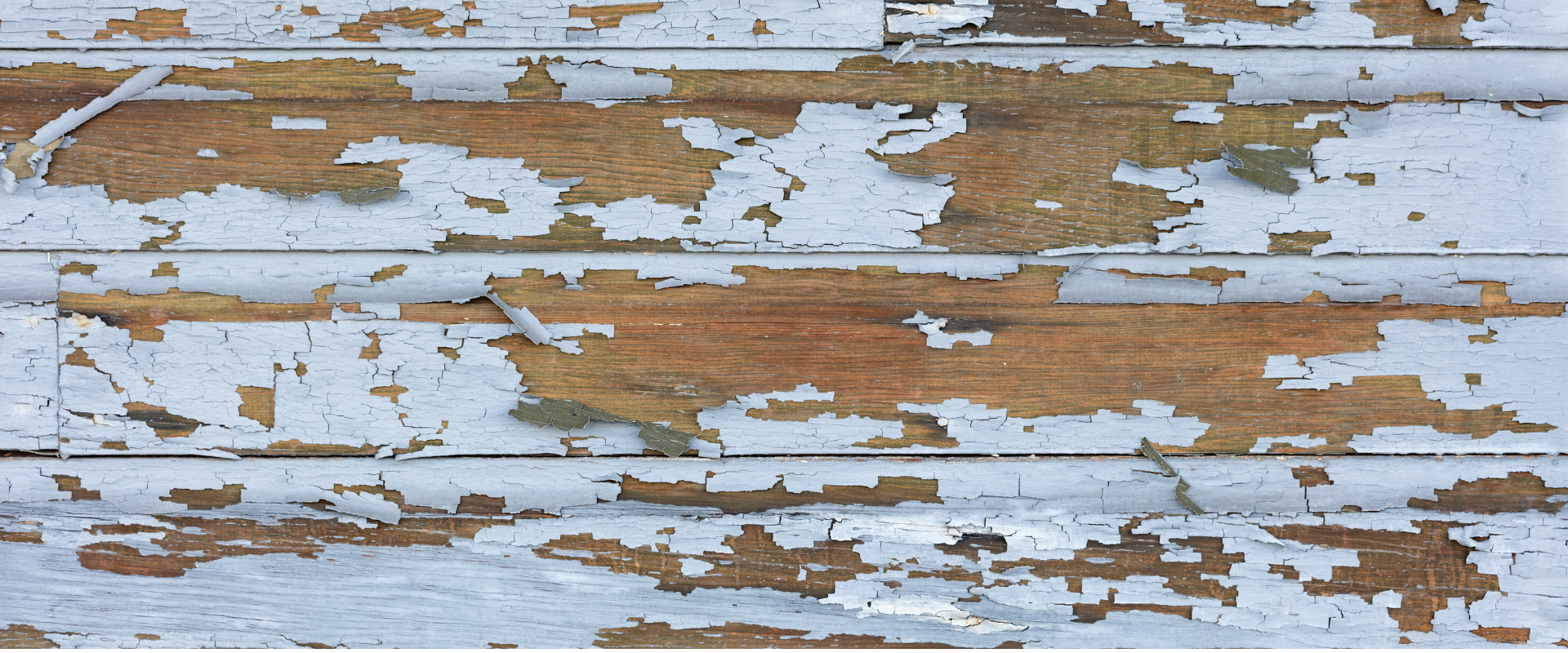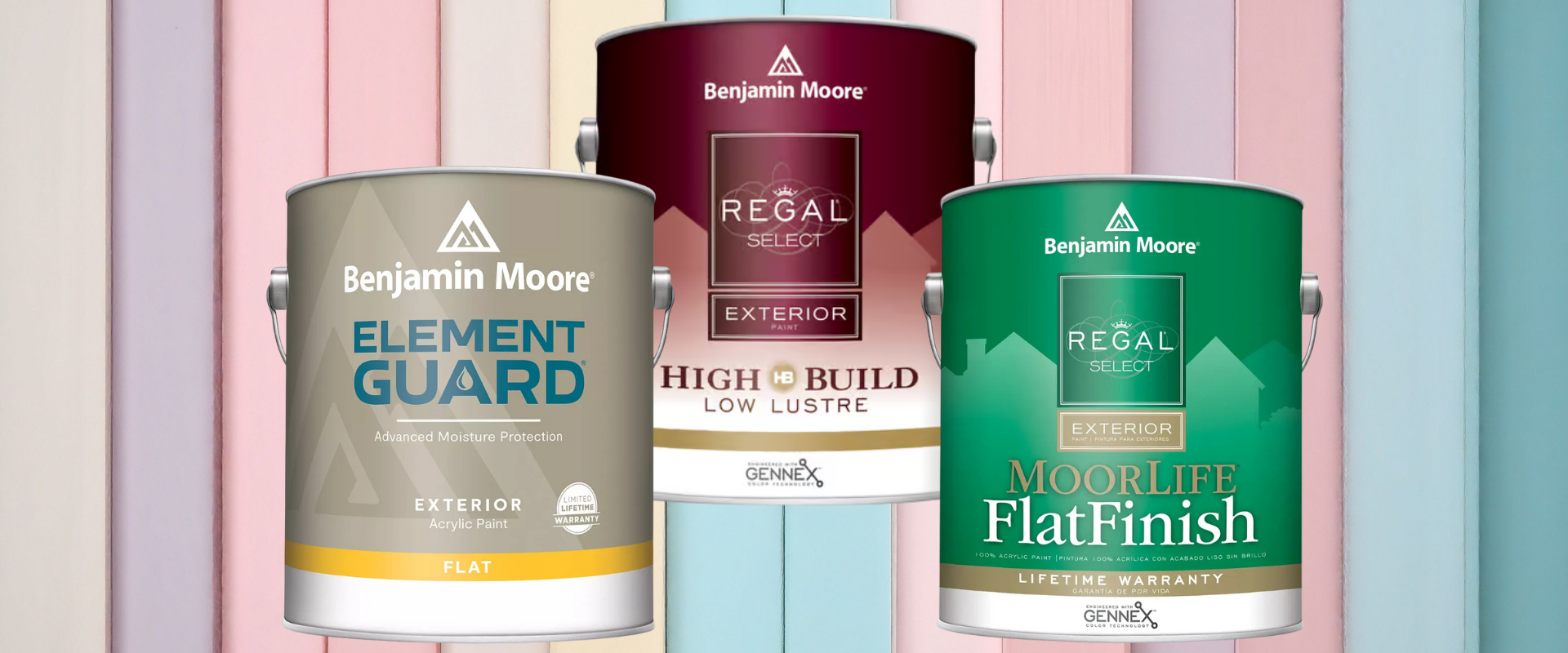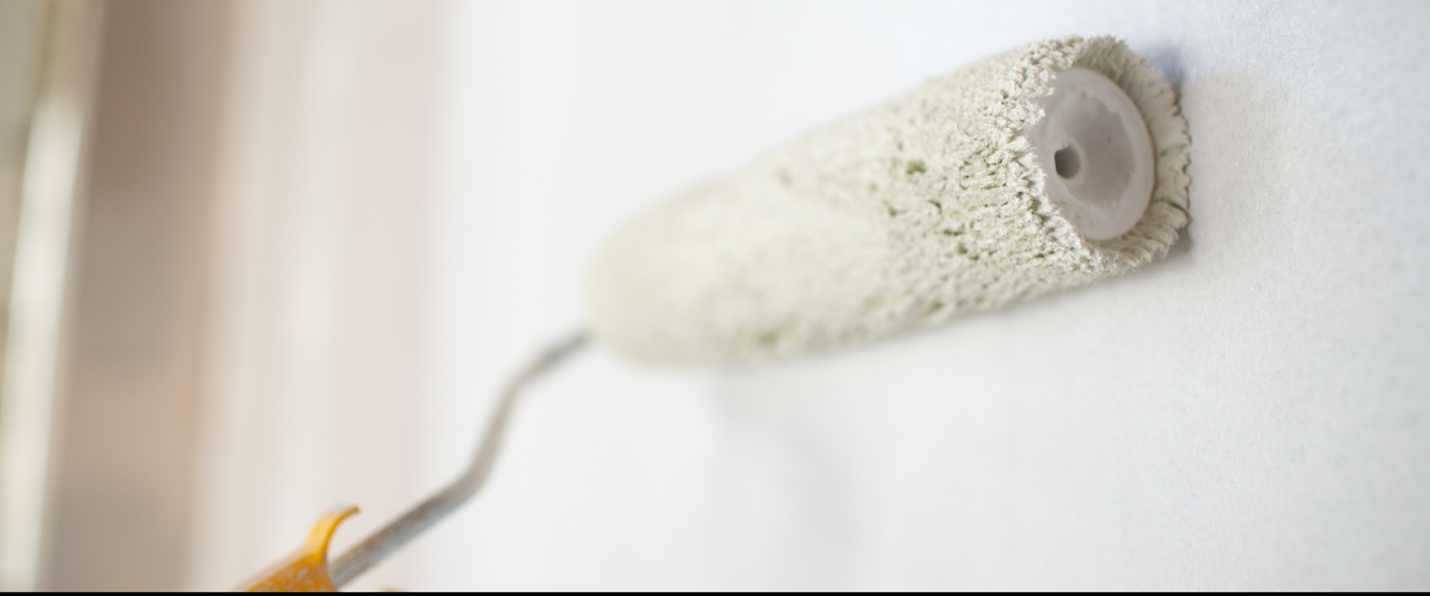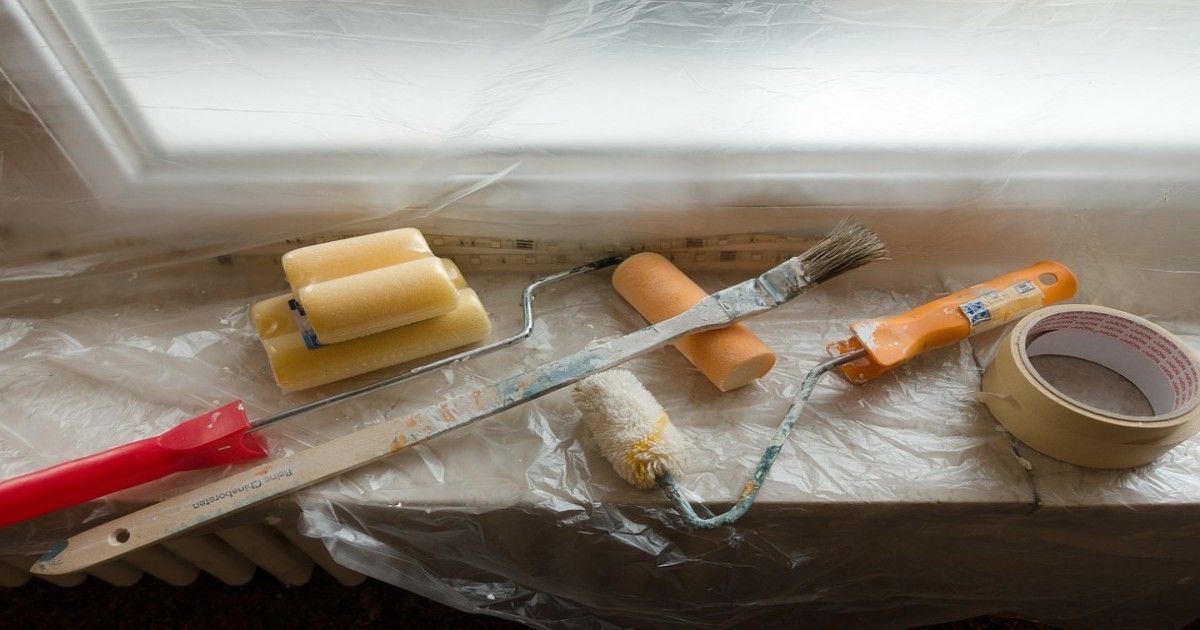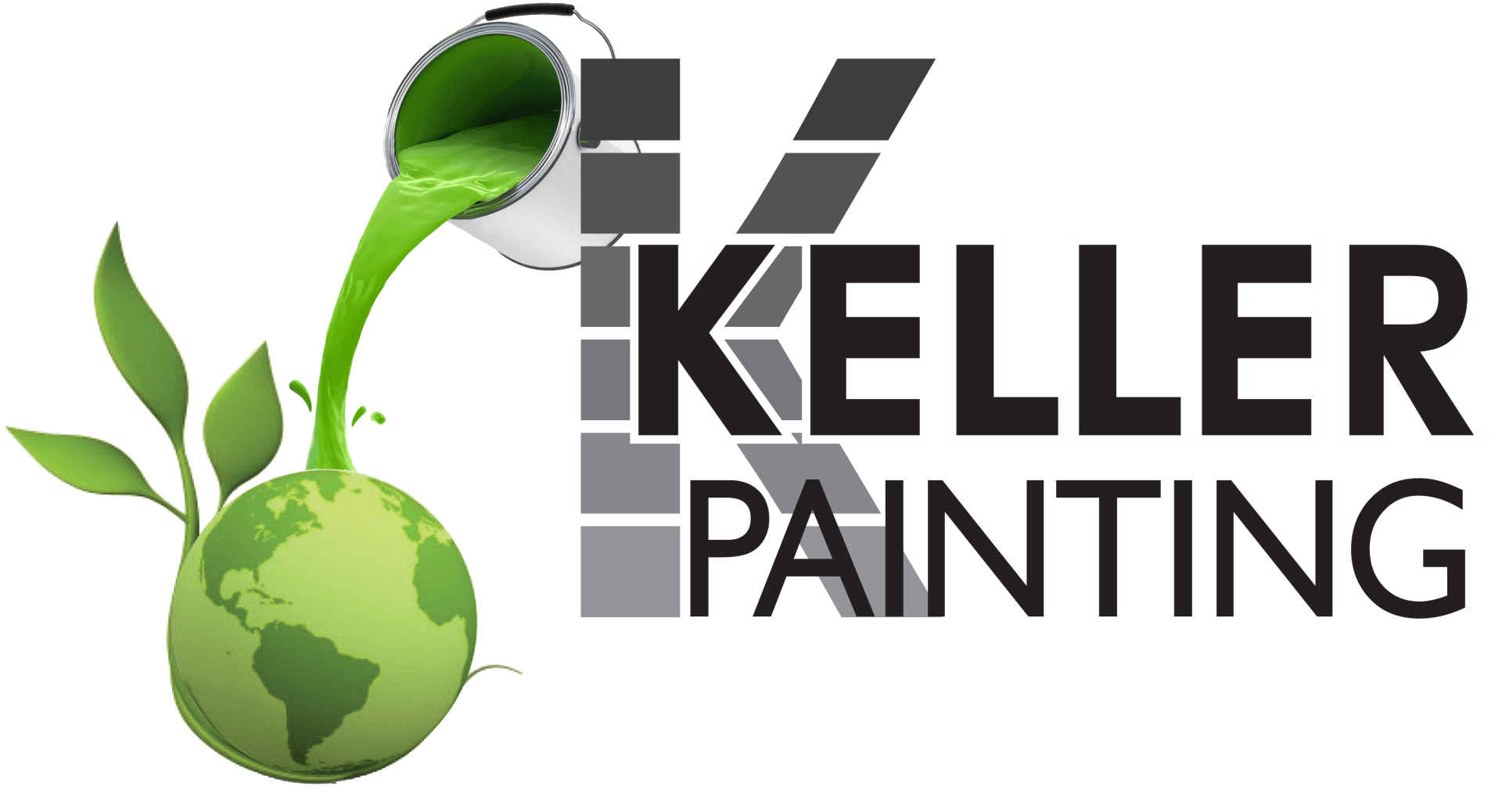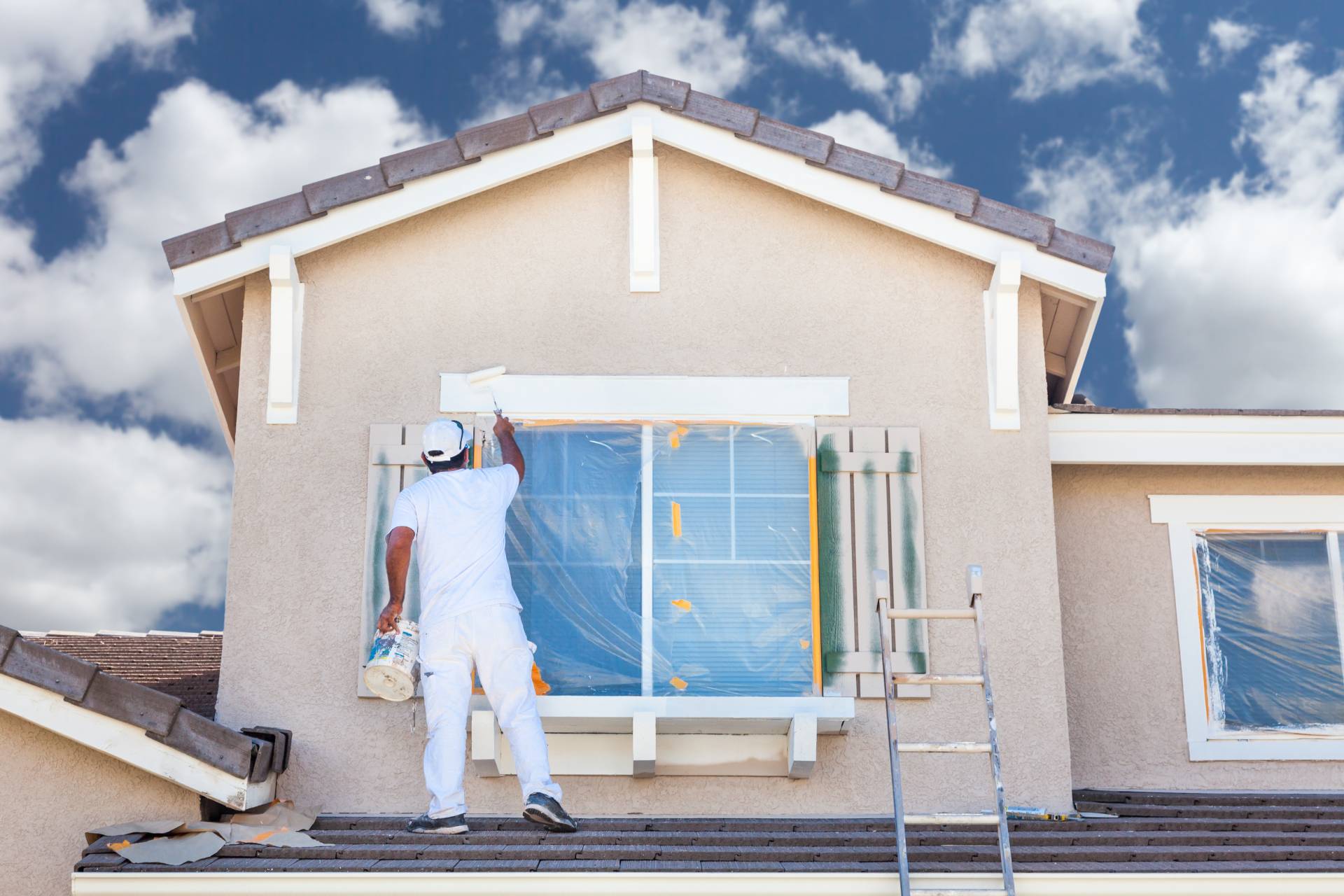10 Questions to Ask Before Hiring a Residential Painter
Painting your home is one of the most effective ways to enhance its appearance, protect its surfaces, and boost its overall value. A fresh coat of paint can breathe new life into aging siding, brighten dark or dated interiors, and improve your home's curb appeal in a matter of days. It's also an essential maintenance task that helps shield your home from the elements, including UV rays, moisture, and temperature changes.
However, not all painting jobs are created equal—and neither are all painting contractors. Choosing the right residential painter can mean the difference between a flawless finish that lasts for years and a project filled with delays, messes, and unsatisfactory results. The quality of work, materials used, and level of professionalism all play critical roles in the success of your project.
Before signing a contract or scheduling a consultation, ensure you ask the right questions to understand better who you're hiring and what to expect. Doing so can save you time, money, and a whole lot of frustration. Here are the 10 most essential questions to ask before hiring a residential painter:
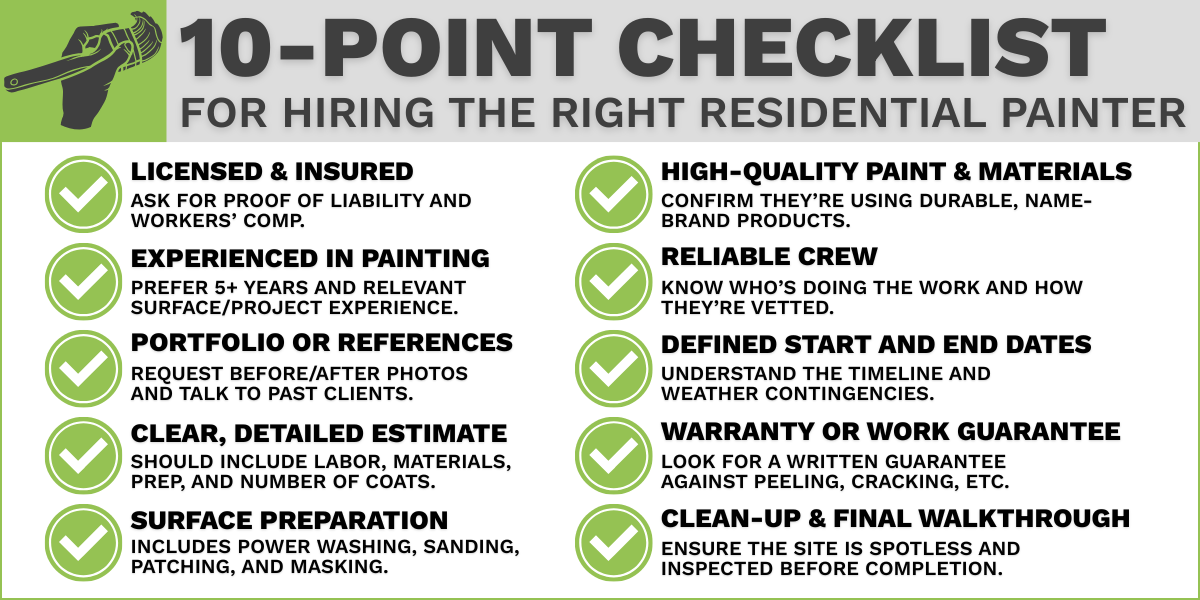
1. Are You Licensed and Insured?
This should be your first question. A professional painter should be licensed (if required by your state or local jurisdiction) and carry both liability insurance and workers' compensation coverage. Licensing confirms that the painter has met the local or state requirements, which may include passing exams, obtaining certifications, or accumulating a minimum amount of experience. Liability insurance covers any damage that might occur to your home or property during the project. At the same time, workers' compensation protects you from being held responsible if a worker is injured on the job.
Don't just take their word for it—ask to see proof of licensing and insurance. A reputable painter will have no problem providing these documents, and doing so shows they operate a legitimate and responsible business. It's also worth checking if their coverage is up to date and applicable to the scope of your project.
Why it matters: Hiring an uninsured painter puts you at financial risk if something goes wrong on your property. If an accident happens, you could be liable for medical bills, property damage, or legal fees. Verifying credentials up front gives you peace of mind and protects your investment.
2. How Much Experience Do You Have With Residential Painting?
Experience matters, especially with residential projects where attention to detail is crucial. Not all painting jobs are alike—painting a newly constructed home, for example, differs significantly from repainting a 30-year-old house with weather-worn siding. Ask how long the painter has been in business and what types of homes or surfaces they most often work on. Do they specialize in single-family homes, historic houses, or multi-unit dwellings? Do they have more experience with interior spaces, such as kitchens and bathrooms, or exterior projects exposed to harsh weather?
Also, inquire about their experience with surface preparation, various materials (such as wood, stucco, or vinyl), and any specialized techniques like spraying, rolling, or trim detailing. These skills are refined over years of hands-on work.
Why it matters: A seasoned painter is more likely to deliver high-quality work and navigate unexpected issues smoothly. They'll know how to handle surface imperfections, moisture problems, and complex textures and will produce a polished, lasting finish that adds real value to your home.
3. Can You Provide References or a Portfolio of Past Work?
Any reputable painting contractor should be happy to share examples of previous work and connect you with satisfied clients. Ask to see a portfolio that includes before-and-after photos, especially for projects similar to yours. This visual evidence allows you to assess their craftsmanship, consistency, and attention to detail. Some painters may also maintain online galleries or social media pages where you can browse recent jobs and read client feedback.
In addition to photos, request a few references you can speak with directly. Ask past clients about their overall experience—including punctuality, cleanliness, communication, and satisfaction with the finished product. Were there any issues, and if so, how were they handled?
Why it matters: Real-world examples and testimonials give you a better picture of what to expect and can help you avoid hiring someone with a poor track record. They also allow you to gauge the contractor's reliability and professionalism, providing peace of mind before work begins.
4. What is Included in the Estimate?
Always get a detailed written estimate that outlines labor, materials, prep work, paint brand, number of coats, and any additional services. Clarify if the quote is fixed or if unexpected costs could arise.
Why it matters: Transparent pricing helps prevent surprises and makes it easier to compare different contractors fairly.
5. What Kind of Preparation Do You Do Before Painting?
Prep work is just as important as painting itself. A quality paint job starts long before the first brush or roller touches the surface. Ask whether the painter will inspect for and repair any cracks, dents, or imperfections in the walls, ceilings, or exterior siding. Will they fill holes, caulk gaps, or fix damaged drywall? For exterior projects, ask if they plan to scrape peeling paint, power wash dirty surfaces, or sand rough areas to ensure smooth coverage.
It's also worth asking how they plan to protect your floors, furniture, windows, landscaping, and other property features from accidental spills or overspray. Proper masking and covering are essential to prevent unnecessary messes and damage.
Ensure the painter clearly explains each step of their preparation process so you know what to expect. Comprehensive preparation may take extra time, but it significantly impacts the final look and longevity of the paint job.
Why it matters: A well-prepared surface ensures better paint adhesion and a longer-lasting finish. Skipping or rushing through this stage can lead to bubbling, cracking, or peeling—issues that often require costly rework. Thorough prep work is the foundation of a professional paint job that looks great and stands the test of time.
6. What Type of Paint and Materials Do You Use?
Ask about the paint brand, finish, and whether it's appropriate for your specific surfaces. Higher-quality paints tend to last longer, resist fading, and offer better coverage.
Why it matters: The materials used can significantly affect the durability and appearance of your project.
7. Who Will Be Doing the Work?
Will the painter you speak with be doing the job, or do they use subcontractors? It's important to know exactly who will be entering your home, especially if the project spans several days or requires access to different areas of your property. Ask whether the same crew will be present each day and who will be supervising the job site. If the company hires subcontractors, find out how they screen and vet those workers. Are they background-checked? Are they adequately trained and experienced in residential painting? Most importantly, does the same insurance policy cover them as the main contractor, or do they have their own?
Knowing the team's structure also provides insight into how the project will be managed. Will there be a dedicated project manager or crew leader to handle your questions and keep the work on track?
Why it matters: A clear understanding of who is responsible prevents miscommunication and ensures accountability. It also builds trust, ensuring you feel comfortable with the people working in and around your home.
8. What is Your Timeline for Completion?
Ask how long the job will take and when they can start. Be sure to clarify how weather or other issues might delay the work, especially for exterior projects.
Why it matters: You want realistic expectations about when your home will be ready and how the painting process might affect your daily life.
9. Do You Offer a Warranty or Guarantee on Your Work?
A warranty reflects a contractor's confidence in their craft. Ask if there is a written guarantee and what it covers, such as cracking, peeling, or fading.
Why it matters: A warranty protects your investment and demonstrates the company's commitment to its service.
10. How Do You Handle Clean-Up?
After the painting is complete, ask about the team's clean-up process. Will they remove all paint cans, brushes, rollers, drop cloths, tape, and any other materials used during the project? It's important that no paint splatters, dust, or debris are left behind on your floors, furniture, or landscaping.
Inquire if they dispose of leftover paint and materials safely and responsibly, especially if hazardous waste is involved. Proper disposal ensures compliance with local regulations and minimizes environmental impact.
Also, find out if the painters will perform a final walkthrough with you to inspect both their work and the cleanliness of the area before leaving. A final walkthrough allows you to request any necessary touch-ups or additional cleaning.
Why it matters: Professional painters leave your home clean and ready to enjoy, not in disarray. A thorough clean-up shows respect for your property and attention to detail, completing a positive experience from start to finish.
Final Thoughts
Hiring a residential painter shouldn't be a leap of faith. By asking these 10 key questions, you'll gain valuable insight into the contractor's professionalism, process, and reliability. It helps set expectations, prevent miscommunication, and ensure you get the beautiful, lasting results your home deserves.
Whether you're refreshing one room or repainting your entire exterior, taking time to vet your painter properly is always worth the effort. A little upfront diligence can lead to a smoother project—and a home that looks and feels brand new.
Check out our Google Exterior Painting Reviews.

